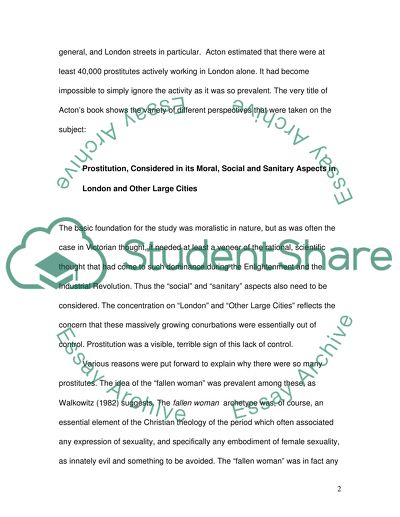Cite this document
(“Prostitution in Victorian Society Essay Example | Topics and Well Written Essays - 2250 words”, n.d.)
Prostitution in Victorian Society Essay Example | Topics and Well Written Essays - 2250 words. Retrieved from https://studentshare.org/miscellaneous/1526573-prostitution-in-victorian-society
Prostitution in Victorian Society Essay Example | Topics and Well Written Essays - 2250 words. Retrieved from https://studentshare.org/miscellaneous/1526573-prostitution-in-victorian-society
(Prostitution in Victorian Society Essay Example | Topics and Well Written Essays - 2250 Words)
Prostitution in Victorian Society Essay Example | Topics and Well Written Essays - 2250 Words. https://studentshare.org/miscellaneous/1526573-prostitution-in-victorian-society.
Prostitution in Victorian Society Essay Example | Topics and Well Written Essays - 2250 Words. https://studentshare.org/miscellaneous/1526573-prostitution-in-victorian-society.
“Prostitution in Victorian Society Essay Example | Topics and Well Written Essays - 2250 Words”, n.d. https://studentshare.org/miscellaneous/1526573-prostitution-in-victorian-society.


